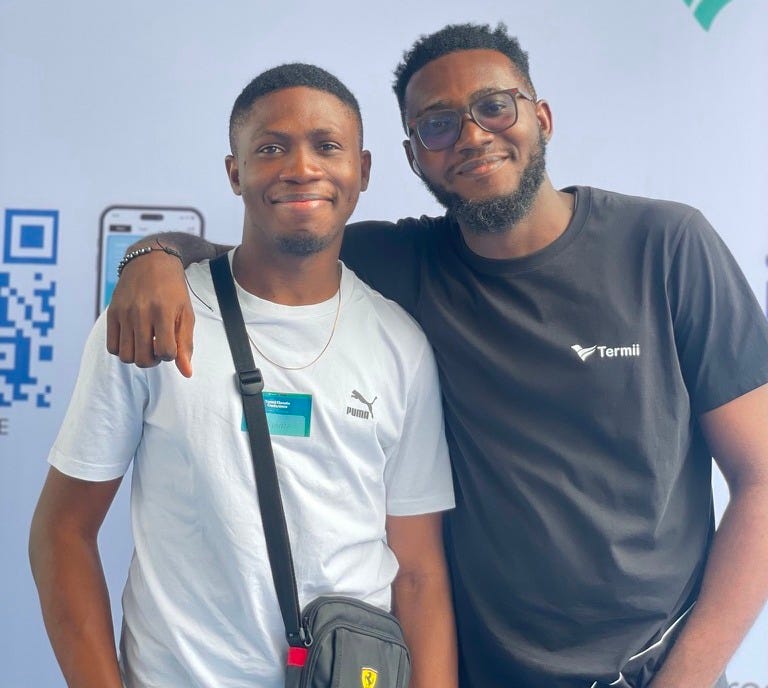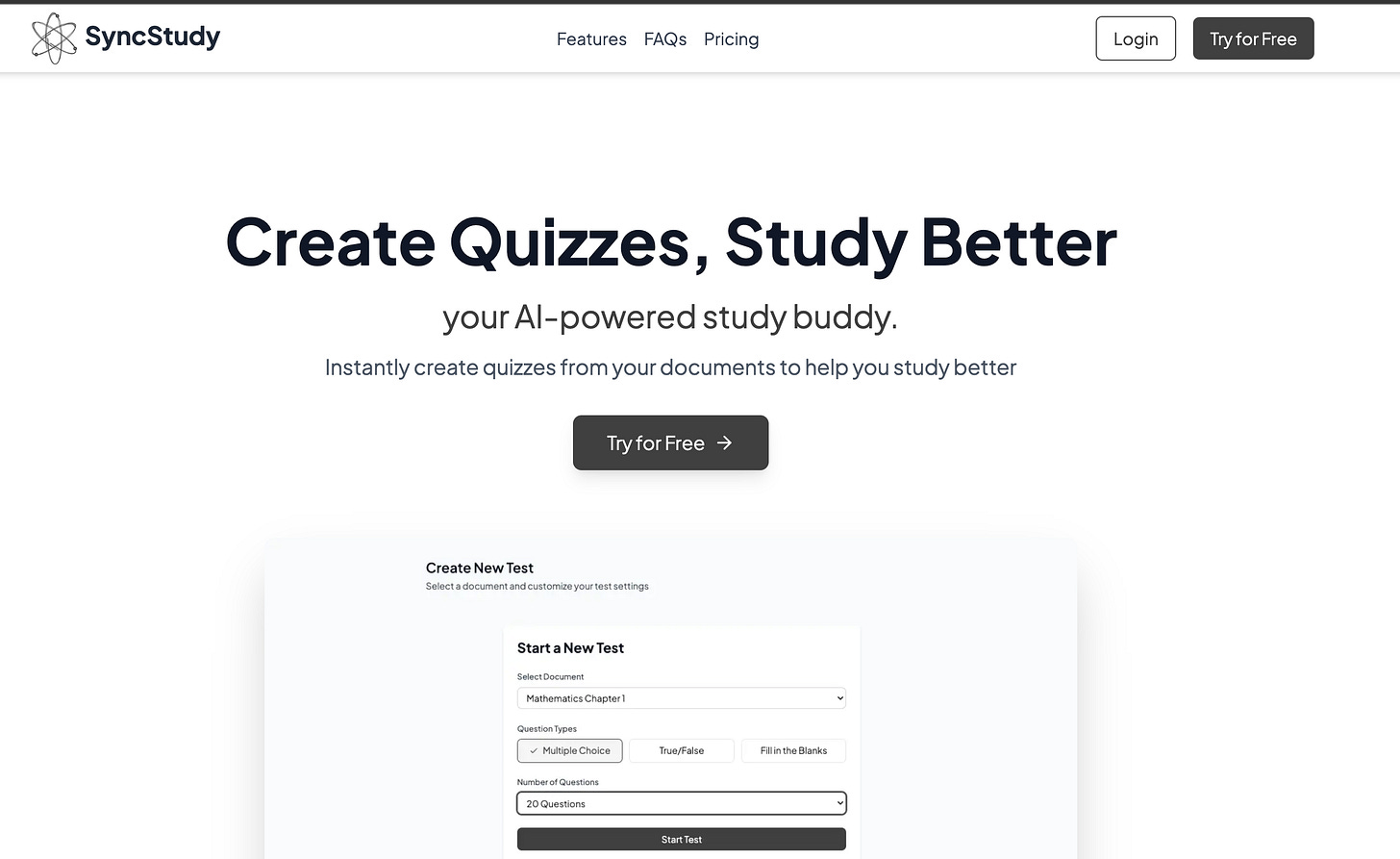How AI helps the average student
Product Discovery for studying at any level: SyncStudyApp
👋 Hey, this is Chibs! Welcome to Regular Dev.
I’m trying to strip software engineering of all the wrong things social media has made it out to be based on my career, experiences, and journey. It’s sort of like telling the truth about software engineering; everything I write here is objectively aimed at that.
I remember the year when I had to take the (West African Examination Council) WAEC’s senior-level exam, and we were banned from using scientific calculators. The body insisted on its brand of calculator, which limited how many functions a student could access during the exam. I also remember when we had to take objective tests using Optical Character Recognition (OCR) sheets (those red sheets that we shaded objective answers on with HB pencils)—I don’t know if these are still in use, though. Then, I remember the JAMB (Joint Admissions and Matriculation Board) exam; during my time, the transition from PPT (Paper Based Test) to CBT (Computer Based Test) had just started, and I was part of the early generations who wrote the CBT; that day, a lot of guys failed (most assuredly) in my center because many were not really computer literate and maybe did not know how to use the mouse or click a radio button etc.
We have come a long way (as a society) since then. Now, lecturers have to employ software that checks if a full-length 74-page final-year project document was entirely generated with ChatGPT. Assignments are pretty much useless these days because it takes one good prompt to solve “challenging” maths problems with increasingly smarter AI models.
Are we paranoid as a people? Maybe. People everywhere are singing of the doom of churning out lazy students who aren’t exactly intelligent, only tech-enabled. Do I agree? I don’t know, though. Maybe 50%. The reason for my indecision is that I heard a story so many years ago when scientific calculators were newly invented that many people, including teachers, cried out that it would make students lazy, but that hasn’t been the case. In the end, it’s just an aid, and this is all it will ever be. A student still needs the actual working knowledge of the subject for the calculator to be of any use. So maybe AI is the scientific calculator of our time; who knows? I wish I had it during my time as an undergraduate, though, particularly for my final year project.
I won’t cry about what’s gone, but I’m excited about the possibilities. AI isn’t necessarily always the “take over the world and kill humans” Age of Ultron movie you watched—or, we’ve not gotten there yet, Lol. But people are building excellent things with AI that make life easy.
One of them is my friend Bukunmi (BK Dev), who is based in Munich, Germany, and is a senior everything 😂 engineer.
Last Friday, he launched a tool, and I’m only happy to sing praise for it. It’s called SyncStudy, and here’s what it does:
Let’s say you have a handout (it could be PDF, PowerPoint, or Docx) or any textbook (provided it’s under 10MB) and are preparing for a test or quiz, as some call it.
SyncStudy can help you study by analyzing your study material and generating intelligent quizzes. It generates different types of questions, including true-false questions and fill-in-the-gaps (or German, as we like to call them in Nigeria).
It’s very easy, it’s very straightforward, and it doesn’t matter what the subject is; as long as you supply your study material, it helps you prepare for your quiz based on the material.
It even generates flash cards to help with memorizing and studying (or cramming, depending on your use case).
Want to see a Demo?
👉🏼 Watch it Here.
You can find it on syncstudy.app, and it’s also on product hunt. Try it for free. Let’s hear what you think.
Also, follow SyncStudy on X.




Awesome!
Love how you compared AI to a scientific calculator. It is so true. The knowledge has to be there first or it will be useless.
And this app is a great one. Will check it out.👍🏾🔥